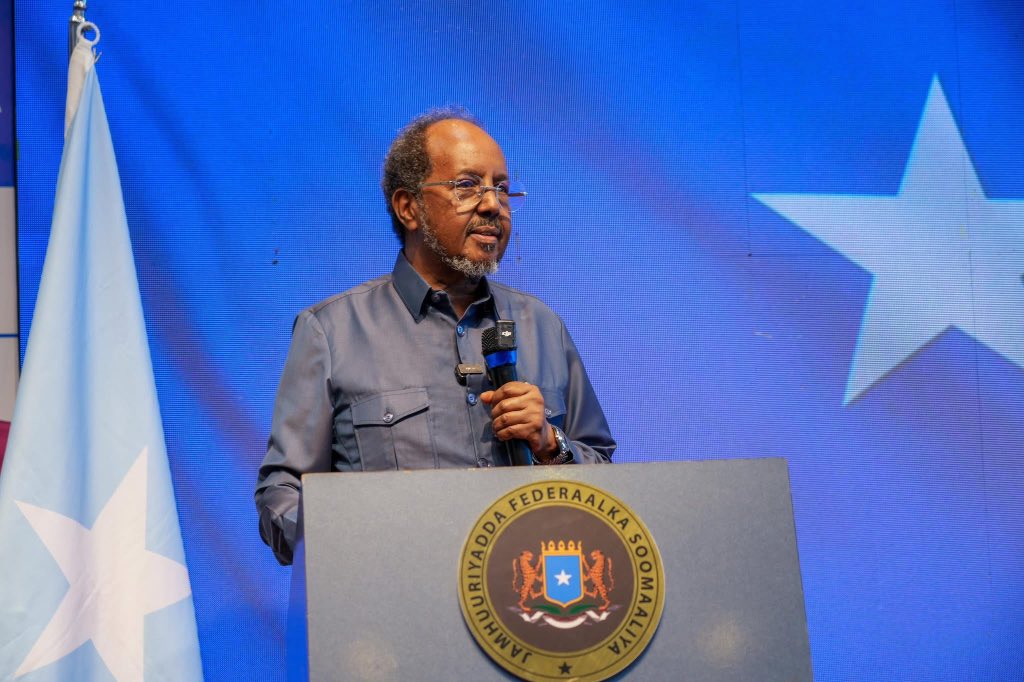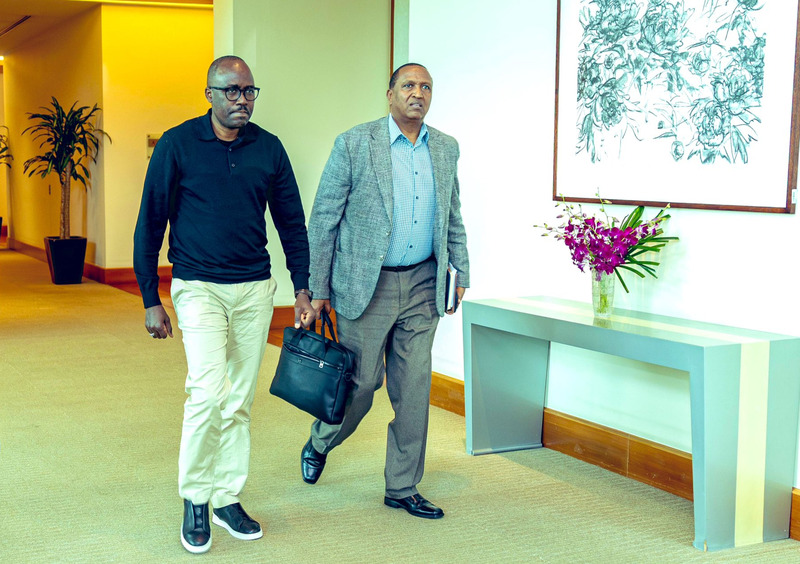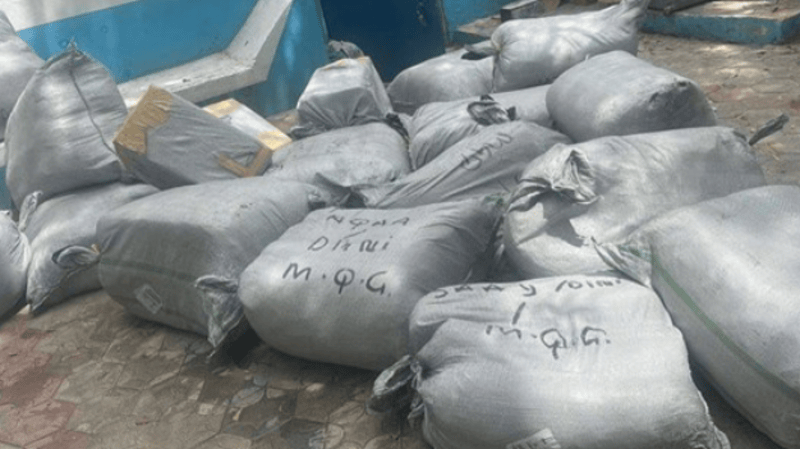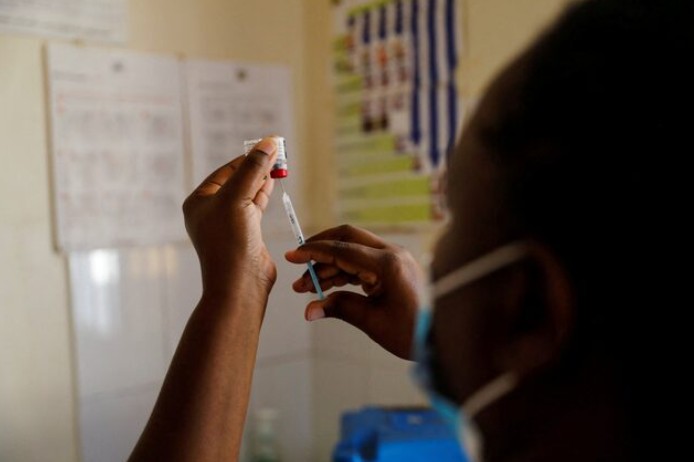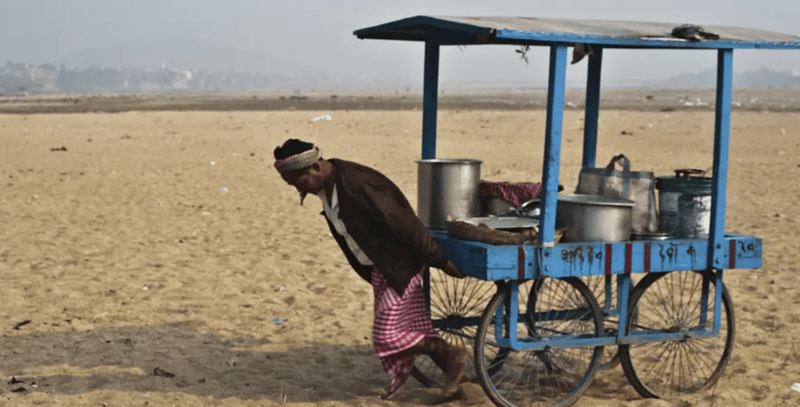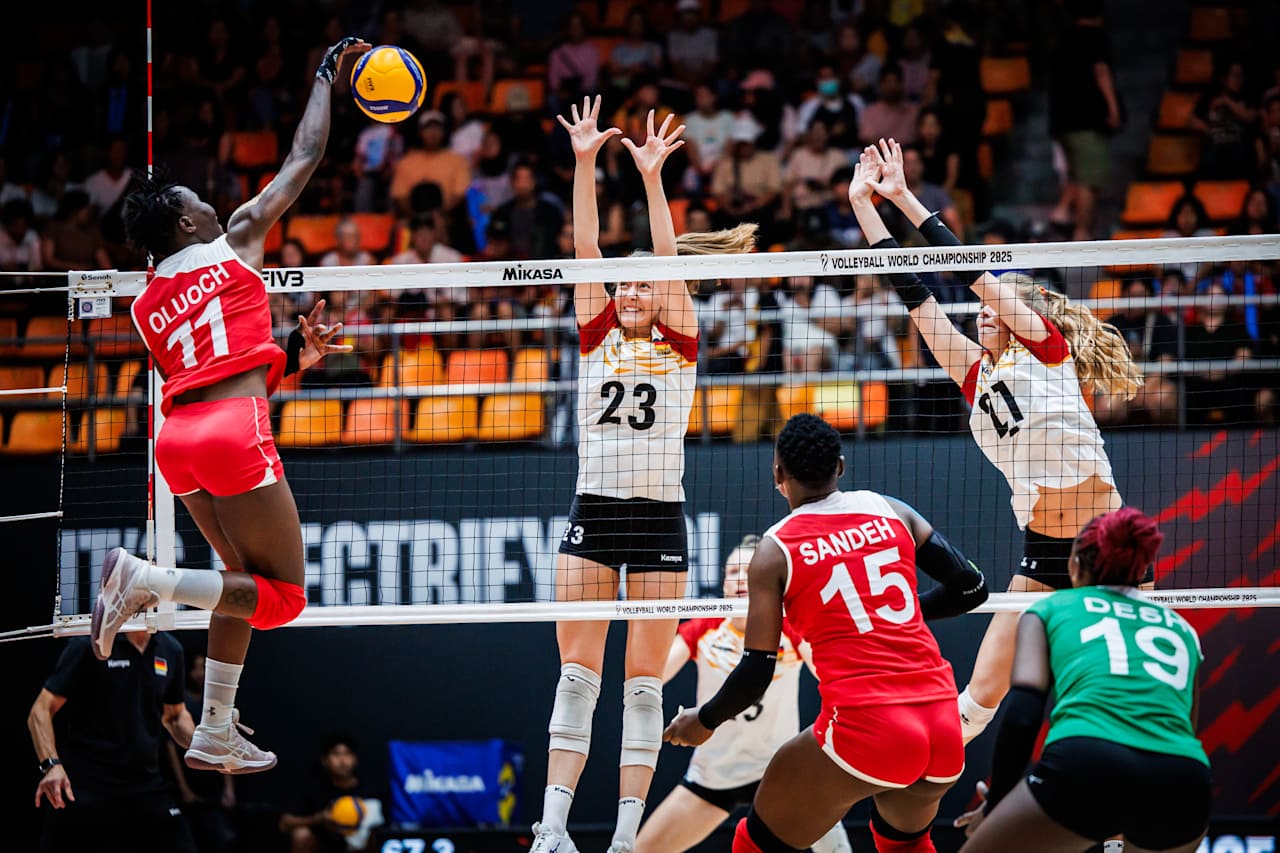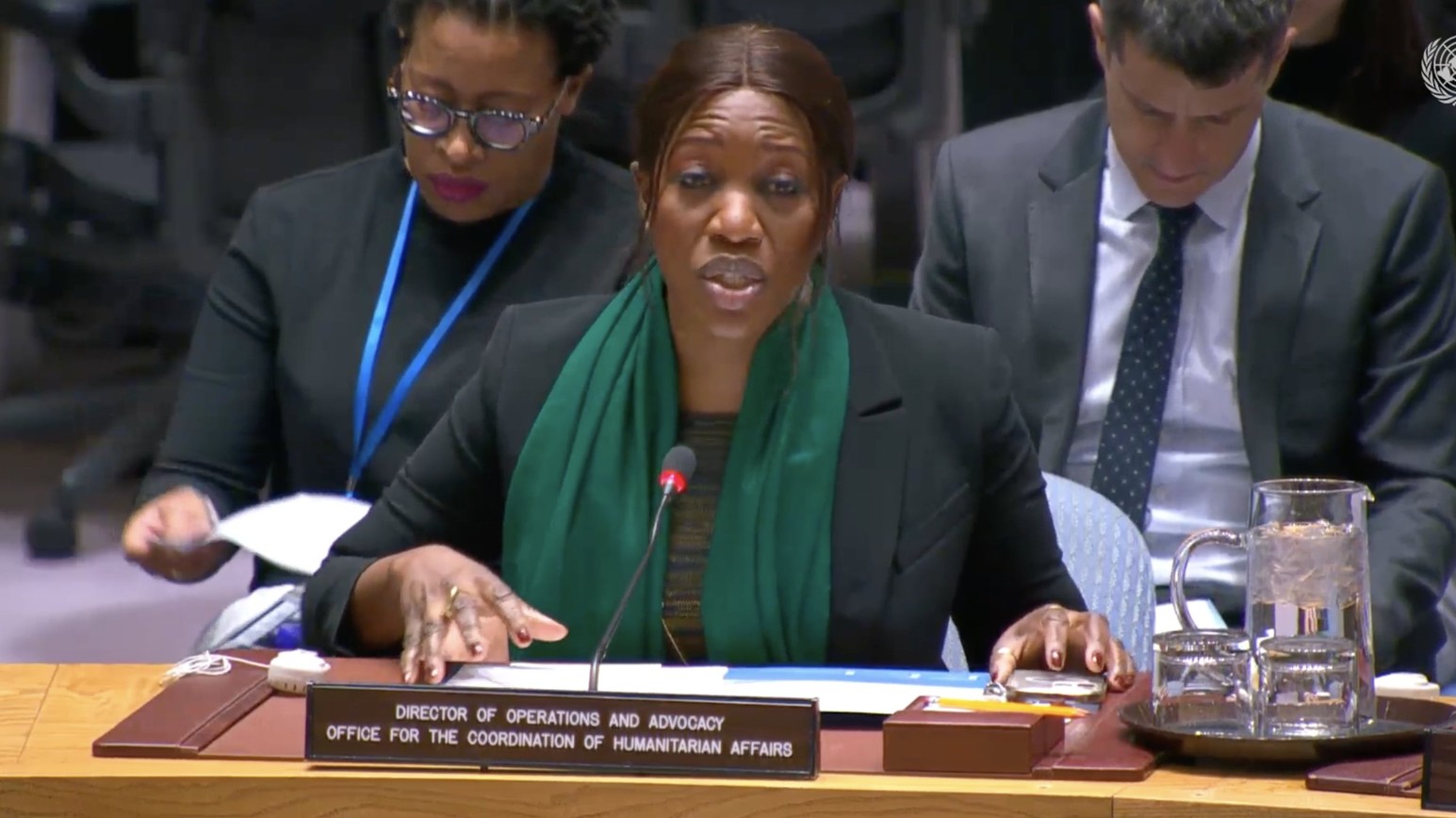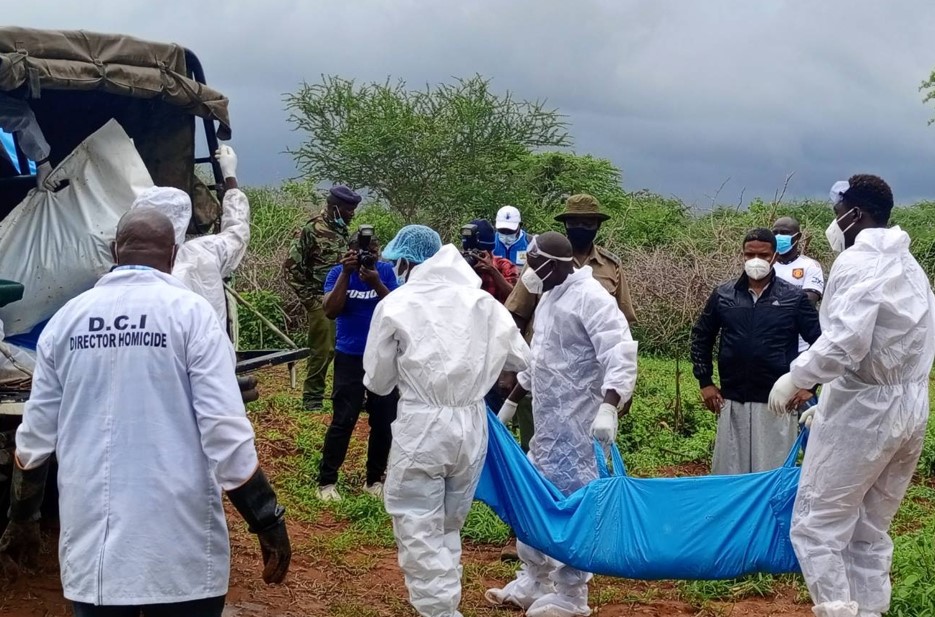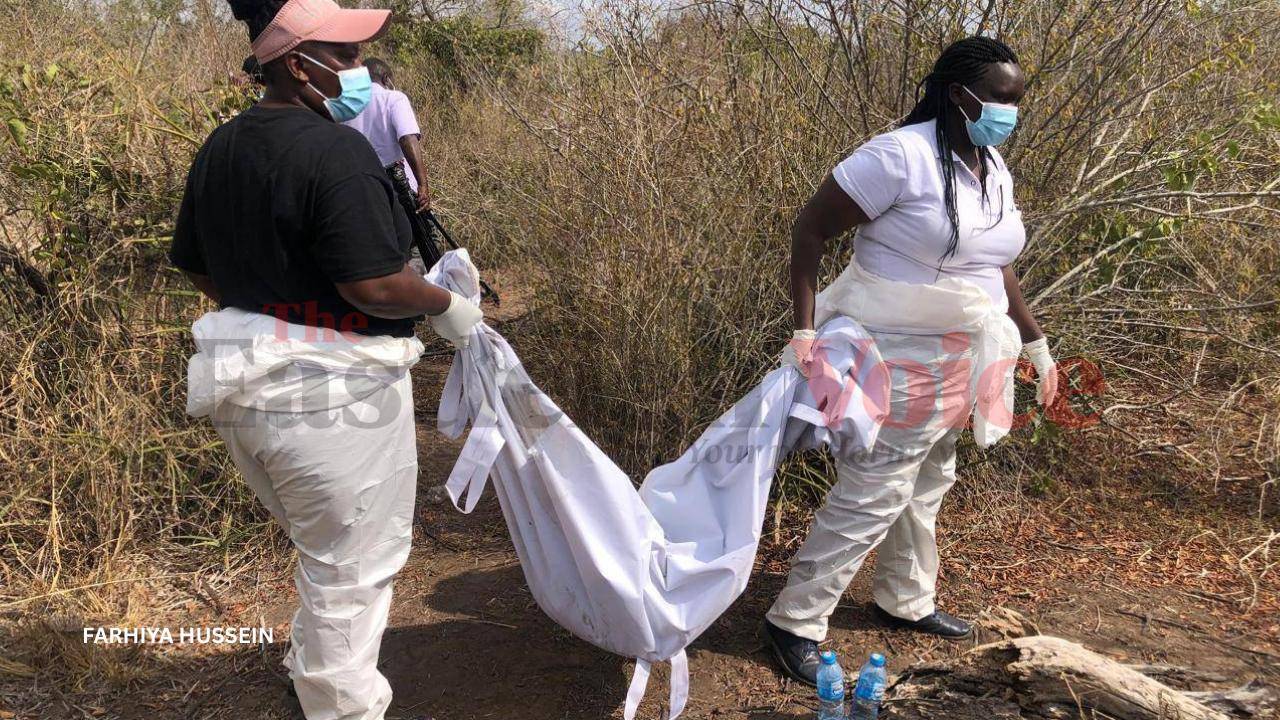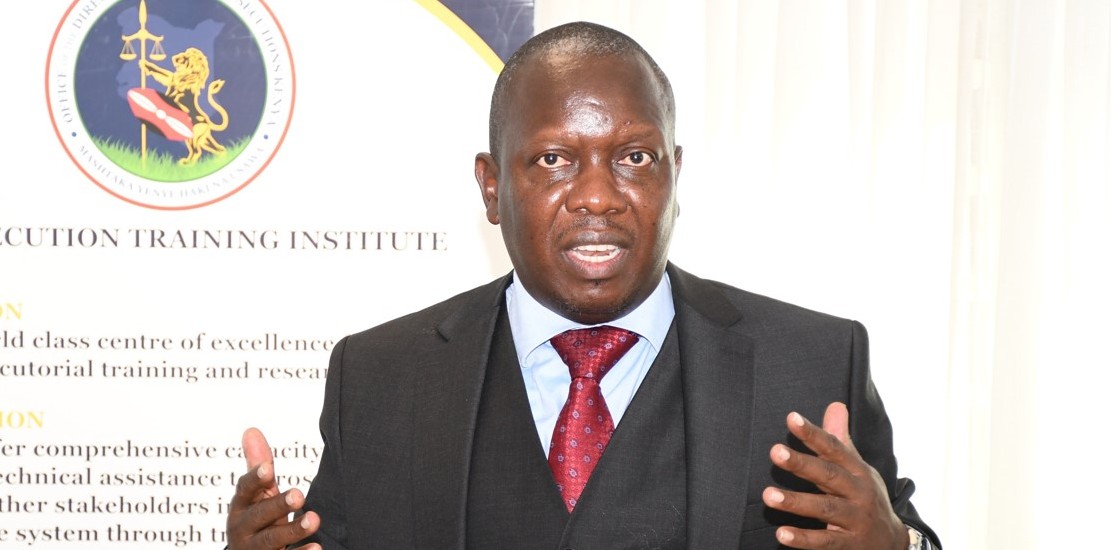Schools reopen for third term amidst financial strain for parents, schools
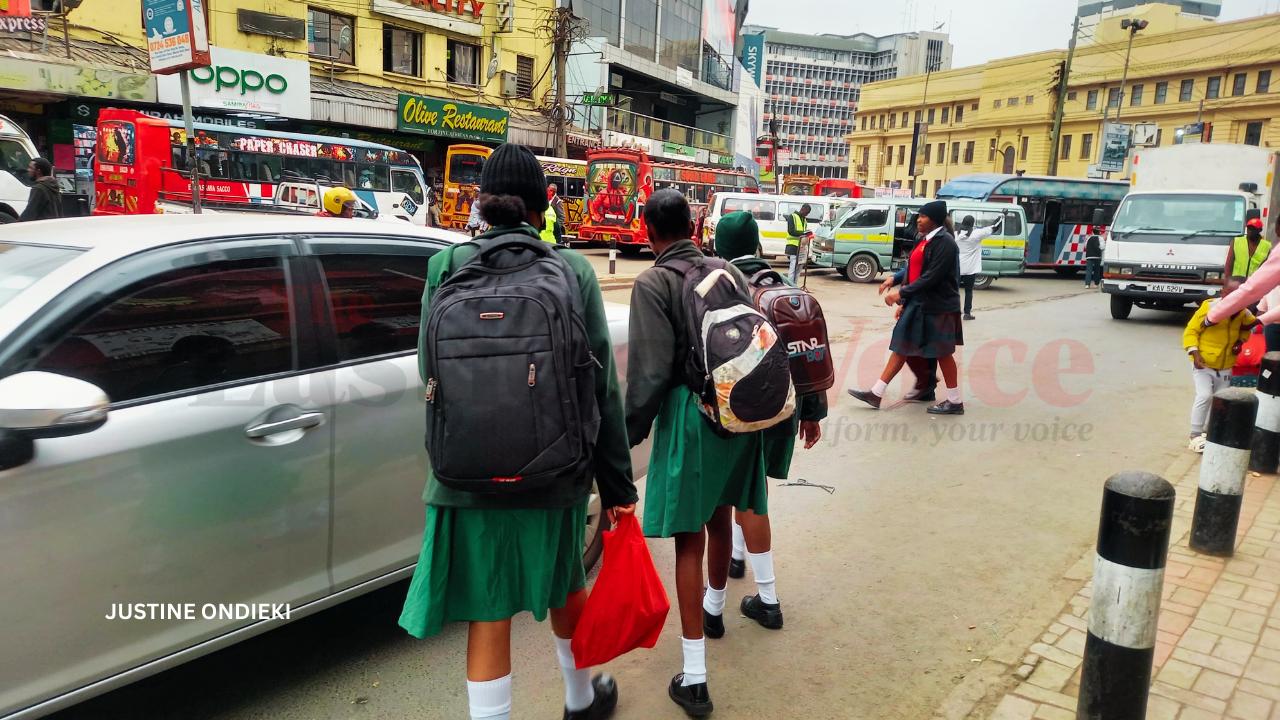
The term comes with strict government regulations, suspended co-curriculars and delayed funding that has left schools on edge.
Kenyan schools will reopen Monday, August 25, 2025, for a packed nine-week third term that will see millions of learners sit for national examinations, even as parents, teachers and principals grapple with financial strain and logistical challenges.
The term comes with strict government regulations, suspended co-curriculars and delayed funding that has left schools on edge.
More To Read
- Low turnout marks day one of learning as schools reopen for 2025 first term
- Confusion reigns as Kwale schools struggle to reopen amid teachers' split over strike
- Back-to-school rush as schools reopen amid divided unions' stance on teachers' strike
- MPs to investigate early school reporting times amid health, academic concerns
- Schools break for mid-term ahead of fresh round of anti-Finance Bill protests
- State announces new half-term dates for schools countrywide
The term, the shortest in the school calendar, will run until October 24 and culminate in a busy examination season that includes the Kenya Certificate of Secondary Education (KCSE), the Kenya Junior Secondary Education Assessment (KJSEA), the Kenya Primary School Education Assessment (KPSEA), and the Kenya Learners Education Assessment (KILEA).
Form Four candidates will sit the traditional KCSE beginning November 3, while more than 1.2 million Grade Nine learners prepare for the inaugural KJSEA, which will determine their placement into senior secondary. Grade Three and Six pupils will also take their KILEA and KPSEA assessments, with the latter marking their transition into Junior Secondary School.
Education Cabinet Secretary Julius Ogamba said the government had retained tough restrictions to protect the credibility of the exams.
“The tough rules were necessary to safeguard the credibility of our national examinations,” he said, confirming that examination and curriculum reforms are on track.
Under these measures, non-academic activities, mid-term breaks, and even school prayer days remain suspended. At the same time, the Kenya Institute of Curriculum Development (KICD) is finalising materials for senior secondary, with Grade 11 and 12 programmes scheduled for rollout in 2027 and 2029.
However, the reopening has triggered frustration among parents. Many say the mid-month date has left them struggling to find school fees and transport money.
Transport has also added to the difficulties, with long-distance bus services increasing fare prices on key routes from Nairobi to Nyeri, Kakamega, Kisumu, Kisii, Migori and Mombasa to Nairobi.
Principals have also issued stern reminders to parents on clearing arrears.
The government’s delay in releasing capitation funds has left schools struggling to prepare for the high-cost exam season. Kenya Secondary Schools Heads Association (Kessha) chairman Willy Kuria said schools are opening with empty accounts.
“We are opening schools with empty coffers. We are going into examination season, where we need to procure chemicals for practical subjects as well as keep schools running. We want the government to release capitation before schools reopen this week,” he said.
The Kenya Union of Post-Primary Education Teachers (KUPPET) Secretary General Akelo Misori warned that delayed funding risks disrupting the crucial third term.
“Students are back in school, yet the government has not sent capitation to schools. As you are aware, national examinations are around the corner. How will principals prepare learners?” he posed.
“We want to appeal to the government to consistently wire the funds as per the agreed formula. What we have is a situation where money is not released in full.”
The introduction of the KJSEA is being hailed as a landmark in the Competency-Based Education (CBE) system. Kenya National Examination Council (Knec) Chief Executive Officer Dr David Njengere explained that the assessment will account for 60 per cent of learners’ placement scores, complementing 20 per cent from the KPSEA and 20 per cent from School-Based Assessments in Grades 7 and 8.
“They have already done the Kenya Primary School Education Assessment (KPSEA), which contributed 20 per cent. Another 20 per cent came from School-Based Assessments in Grades 7 and 8. The KJSEA will contribute the remaining 60 per cent,” Njengere said.
He noted that learners in the Arts and Sports pathways are already building portfolios through drama, athletics and music.
“At the recent Kenya Music Festival State Concert at Sagana State Lodge, we saw incredible talent. For example, a girl from Migori County gave an outstanding performance. Through her portfolio, she already knows the pathway she is likely to follow,” he said.
Njengere emphasised that portfolios should reflect learners’ passions and not just ability.
“One could be good in football, but may not want to pursue it as a career. Schools and parents must guide learners and not impose decisions on them,” he said.
“The mark of a good school should not be judged by the grades learners obtain, but by how well it prepares them for pathways suited to their potential.”
On questions over credibility, Njengere defended school-based evaluations. He said the data showed no inflation of marks during earlier assessments.
“With a population of 1.2 million learners, only 600 scored 20 out of 20. The national average was 9–9.5, with many scoring between 2 and 5. The data shows no evidence of teachers inflating scores,” he said.
“These are raw marks. So when people say teachers are manipulating results, based on what? The evidence doesn’t support it.”
Top Stories Today
